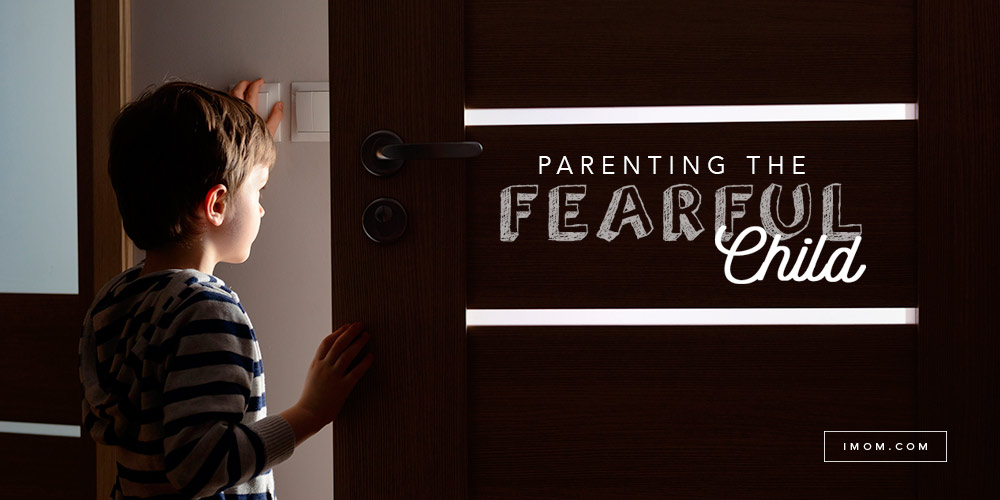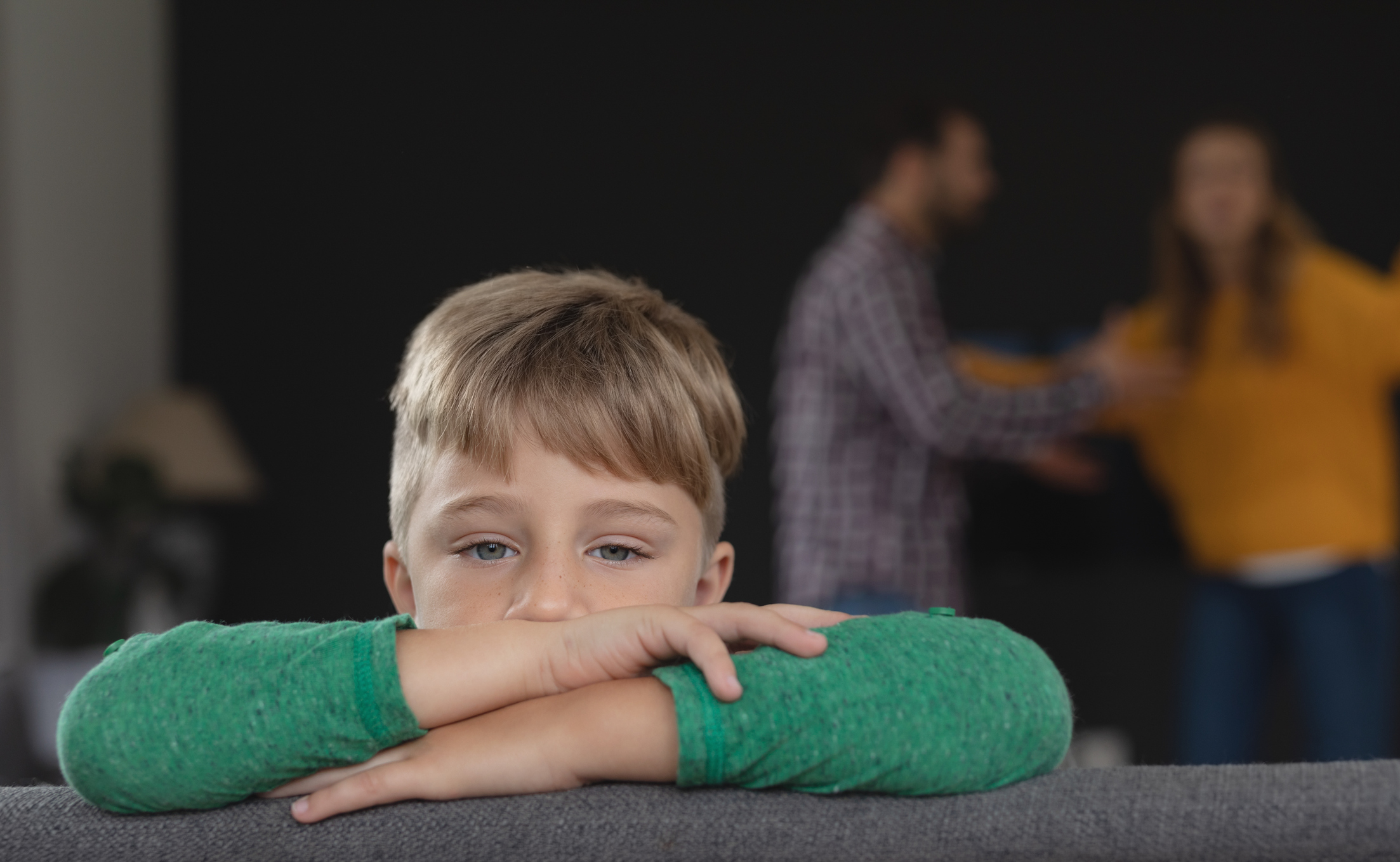Children can suffer many kinds of loss – losses like a cross-country move, a chronic diagnosis for themselves or a family member, a divorce, or the death of a grandparent or parent. Grief over that loss shows up many ways and, as the parent, we need to discern those signs of grief and know how to respond.
As a mom shepherding my own seven children through grief after their dad died, I know discerning those signs of grief is difficult. Children grieve differently than adults and preschoolers grieve differently than teens. Plus, it’s often hard to distinguish typical kid behavior from a grief response. Let’s look at 7 ways children deal with loss.
1. Persistent questions
My youngest was four when her dad died and every single day for more than a year, she’d ask the same questions. Toddlers and preschoolers don’t understand permanent loss and need the security that comes from your answers. A child may not be able to verbalize deep emotions but asking questions helps continue a conversation about the loss so she can process those emotions.
How to respond: Children need real answers to hard questions about loss. Resolve to tenderly answer their questions no matter when or how often they ask.
2. Embarrassment about loss
Children often want to hide their loss from friends or teachers. They want to be “normal” and escape the grief bubble. After my husband died, our church asked us to join others on stage with a poster showing how God had been faithful through difficulty. My teen boys would have none of it.
How to respond: Give your child permission to share on their terms as they’re comfortable, but make sure conversations about loss are happening at home.
3. Irritability
Your child may take out her emotion on you where she feels safe. She may pick at her siblings or come home from a squabble with her friend.
How to respond: Whether it’s normal growing pains or loss, help your child understand the emotions driving the behavior. Then help her find better ways to channel that emotion, like taking time alone or going for a run.
4. Withdrawal
When my son’s high school basketball coach moved, my son announced he wouldn’t play that season. It was one more loss after his dad’s death. I knew he loved basketball and I struggled with whether to push him or let him sit out the season.
How to respond: Let your child have some say over activities so long as he isn’t withdrawing completely. My son was super active at school and with friends.
5. Forgetfulness & distraction
Experts call this cognitive grief. Because so much physical and emotional energy is going to processing the loss, a mental fog sets in. Your child may be forgetful, distracted or even have lower test scores and grades.
How to respond: Communicate with teachers and set up good routines for school work. Be patient and explain the cognitive grief isn’t permanent but a sign of moving through loss.
6. Anxiety
Children dealing with loss often develop new fears. They may have separation anxiety, nightmares or general anxiety that shows up as stomach aches or headaches.
How to respond: Listen well as your child talks about her fear. Clear up any ungrounded fear and pray with her about her worry. Make sure you’re showing lots of love through words and hugs.
7. Sleeping or eating changes
Deep loss affects children physically and often takes a toll on sleeping and eating patterns. You may see your child sleeping more or unable to sleep. You may notice him snacking constantly or refusing food.
How to respond: Routines provide security so keep bedtime routines in place. Offer healthy food and dinners at the table as much as possible.
Tell us! What do you think is the best way to help a child dealing with loss?










